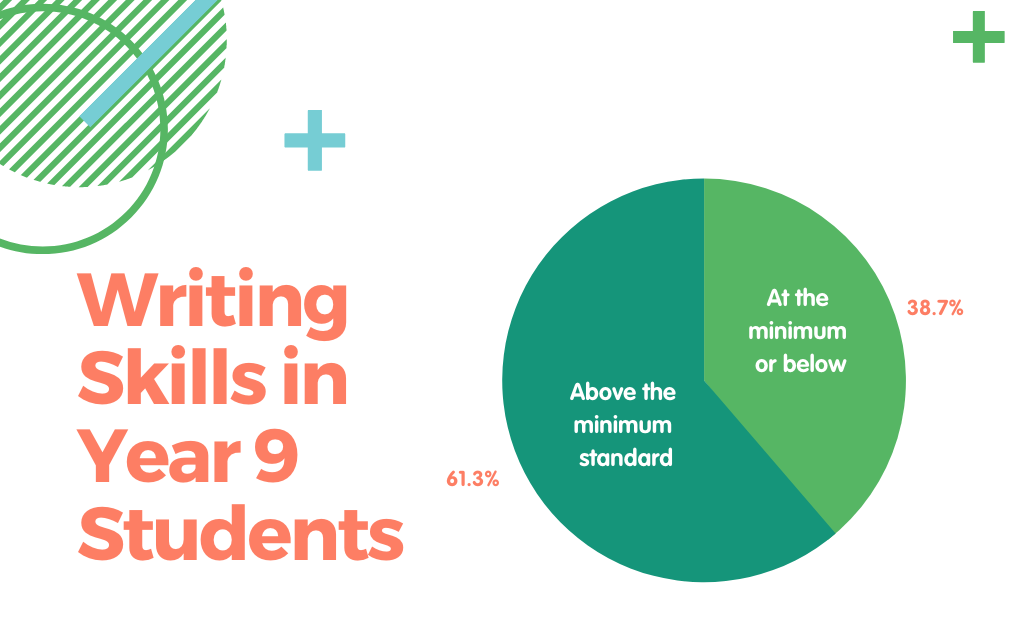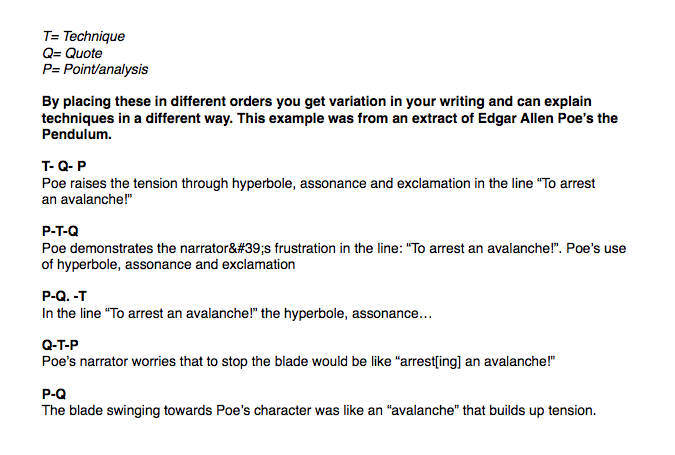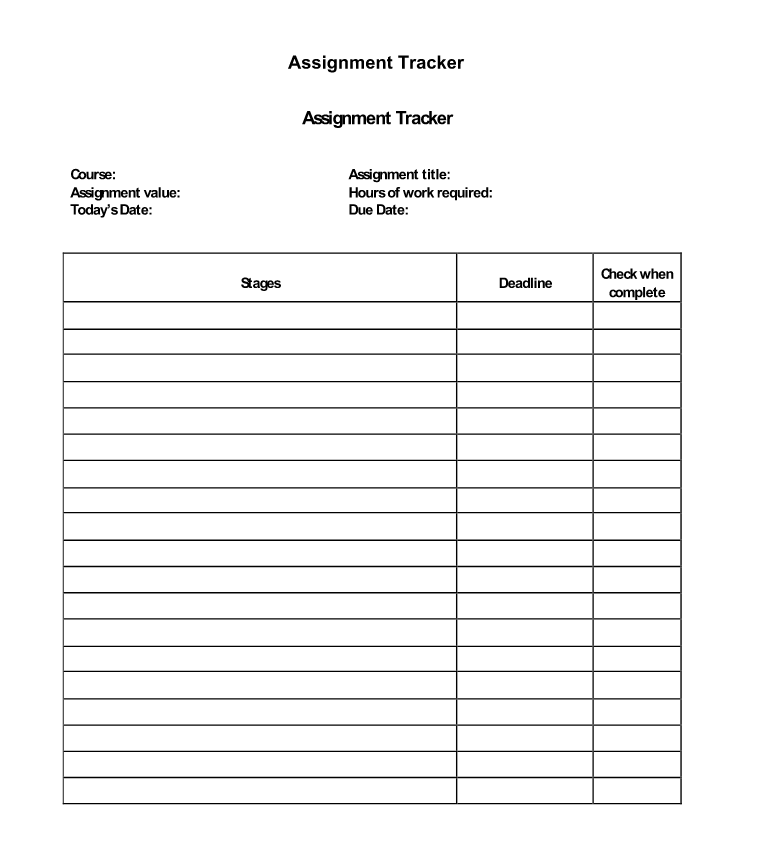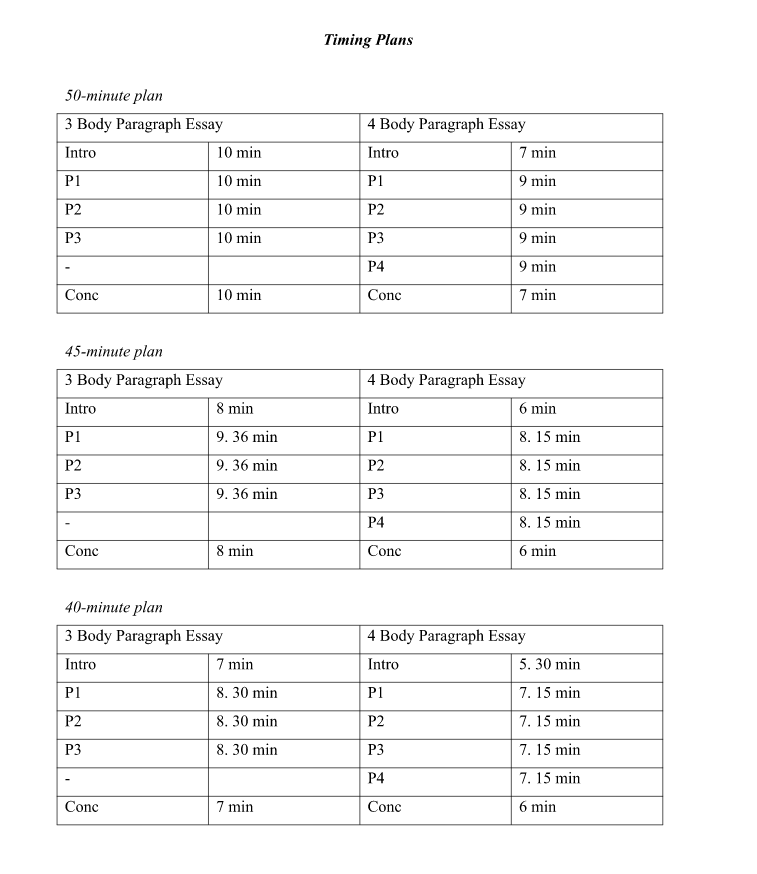Are your English writing skills always dragging your marks down? Find that you just don’t want to walk into that classroom or get started on that assessment because you know it’ll be terrible?
A large NSW study has found that writing skills have been widely neglected in secondary years leaving many students struggling.
Amazingly, almost 4 out of 10 of students are at the minimum standard or below for writing in Year 9.

On top of this, writing skills in the earlier years are a signifier of how students will perform in the HSC, so it’s super important to get down pat even if you’re in Year 12.
As a result, to help you build your writing skills we interviewed Senior Art of Smart Coach Jessie Fields. She’s a passionate teacher and an English expert who recently completed her Honours in Creative Writing.
In this article, Jessie’s going to share 3 insider tips YOU can use to ace English and improve your writing skills:
Tip #1 – The English Writing Formula
Tip #2 – The Applied Word Bank Strategy
Tip #3 – How to Make Study More Enjoyable!
Take a Listen!
Tip #1: The English Writing Formula
Jessie believes that while English is a super subjective subject, there is a formulaic way you can approach it—almost like a Maths question!
She sees so many students who might have missed out on learning these structured, simplistic ways of approaching English in earlier years, that just need to take the time to go back for a second. If you get these in place, you’ll be so much better off for the rest of school and your whole life.
If you’re struggling with English, no matter how old, take a second to approach a problem structurally instead of going headfirst.
For example, Jessie had one student in an older year group who really struggled to structure an essay or even formulate a sentence for English.
He just couldn’t incorporate his ideas or quotes into his writing in a way that made sense. In order to tackle this, Jessie had to go back basics.
Sentence Structure
Firstly, this started with looking at structuring sentences. Jessie believes that before a student can do, they need to see.
For her student that struggled with English, she created an exemplar sentence sheet. The student could then draw from these sentences and apply their core principles to his own.
For example, she broke down a bunch of sentences by their quote, technique, and the point they were trying to make. She then provided examples that demonstrate how the sentences should look when you order these three core elements in different ways:

This is an example of making a FORMULA out of English and great inspiration for you to base your own English writing off of!
Jessie noticed that at first, her student would just straight up reproduce her sentences nearly word for word. However, once he got more comfortable with this basic skill he was able to apply it in his own way organically!
You can apply this technique independently if you’d like to develop your English writing skills! Just find some exemplar essays, take some sentences and break them down. Repeat these sentences with your own technique, quote and point and then repeat the process until it sticks.
Paragraph Structure – STEEL
A different technique Jessie used to improve her struggling student’s paragraph writing skills was the S.T.E.E.L structure (Similar to the P.E.T.A.L and S.E.X.Y structure).
But how does it work?
STEEL seems to be the structure that can make or break an essay, as paragraphs that use it are always kick-ass, while those that don’t tend to flop.
The thing about STEEL is that it’s so simple, there’s no reason why you shouldn’t be using it!

Statement
We want to immediately take a stance on the question, so our statement has to show what position we’re taking and hint a bit at how we’re going to go about arguing it
Technique + Example
While this is where you’ll be bringing in your literary techniques, it’s not as simple as listing them off. Try to introduce your technique with the quote that acts as your example, as this makes your response smoother and more sophisticated.
Effect
Here’s where you’re going to start talking about just how the techniques and examples you’ve chosen actually reflect your argument. This is the ‘why’—why you’ve included them, why they’re relevant and why they prove your point.
Link
Now you need to link back to the question as well as the other text if you’re writing a comparative essay.
Of course, STEEL isn’t just about structure—it’s also about content! However, if you’re having problems with writing skills, even if you’re in Year 12, don’t be scared to revisit this awesome tool.
Tip #2: The Applied Word Bank Strategy
Jessie believes the main reason students struggle with writing skills and English is that they aren’t reading anymore!
Reading is a key way to build your vocabulary. So first things first, make sure to do this.
Additionally, a key problem students have is not being able to understand the words they see in their texts or even their exam questions. Luckily there are a few things you can do to combat this:
Step 1
Whenever you see a word you don’t understand – LOOK IT UP.
Google is always right at your fingertips. Jessie knows that texts like Shakespeare can be super hard to analyse, so when you’re going through it at school, make sure you don’t just skip a word because it’s too difficult.
Look up the word, note down the definition and then write the same definition down in a new way that makes sense for you. This is so much more effective than just having your teacher explain it to you.
Step 2
Build a word bank.
Every word you don’t understand that you see coming up a lot in English, put it in a word doc or book page and revise it throughout the year.
This will come super in handy further down the track when trying to develop your English writing skills.
Step 3
If you find a word you don’t know in a question or a quote, before you search the definition, try working out the word from the context of the rest of the sentence.
It might seem hard at first, but trust us, you want to develop this skill now rather than have to do it in your final exams when you don’t understand a question.
Context can tell us so much about what a word means. So, always analyse the rest of the sentence before jumping to the conclusion that you don’t understand a word.
Make this an integrated part of your regular study and you’re sure to improve your vocab in no time!
Tip #3: How to Make Study More Bearable
For so many students that get poor English marks, the main reason is that they find it hard to actually sit down and study.
A lot of people just hate the subject or it seems like such a massive effort that they don’t know how to manage and distribute their time for it effectively.
One of Jessie’s students required English help but also mentoring in regards to planning. Here are two things she used to help them make studying for English more bearable.
An Assessment Tracker
To make sure that her student would always get study or assessments done in time, Jessie implemented an assessment tracker.
It’s simple! Just break your assignment or task down into individual pieces and allocate a time period in which you need to get it done. These individual pieces are called stages.
You can make an assessment tracker based on this example here:

This makes sitting down to do an assessment or study way easier! Instead of seeing it as one massive task, you can tackle little chunks at a time and take a break in between.
Practice Exam Timing Plans
You can also apply the same method for sitting practice exams. You complete different sections of the paper for a certain amount of time and take a short break to make it less daunting.
Jessie even created timing plans for exams with different lengths. Check it out!

Once you implement these techniques, sitting down to do your work should be a lot more structured and bearable. This means that your English writing skills should improve in no time.
Remember – practice makes perfect!
So there you have it—the 3 top tips for improving your writing skills from our October 2020 Coach of the Month!
Want to get started with an English tutor like Jessie?
We have an incredible team of English tutors and mentors who are syllabus experts!
We can help you ace your upcoming English assessments with personalised lessons conducted one-on-one in your home or at our state of the art campus in Hornsby.
We’ve supported over 5,000 students over the last 10 years, and on average our students score mark improvements of over 19%.
To find out more and get started with an inspirational English tutor and mentor, get in touch today or give us a ring on 1300 267 888!


